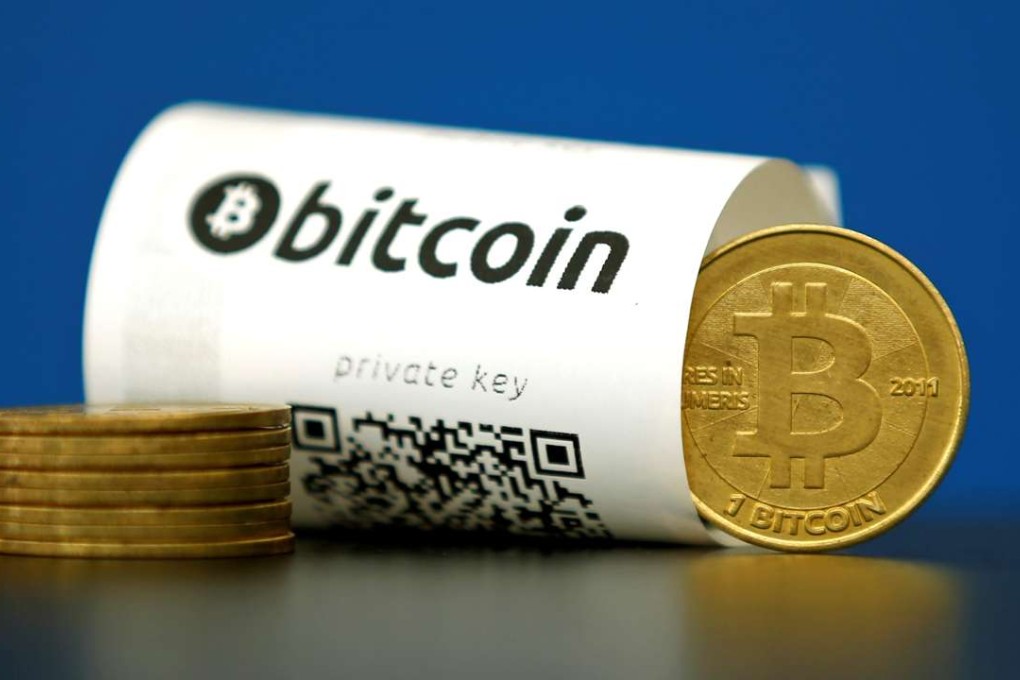Why the bitcoin has become China’s new darling
Speculation over yuan devaluation and the mainland’s anti-corruption drive have contributed to the currency’s growing popularity

Bitcoin has become the new darling of mainland punters amid a slumbering stock market, heightened expectations of the yuan’s devaluation and even the advantages the payment system offers in dodging Beijing’s anti-corruption drive.
The cryptocurrency has surged nearly 30 per cent in the past two weeks, hitting US$584 on Monday, according to the Bitstamp exchange.
Trading volume on BTC China has jumped three to five times recently, with the majority of trading worldwide conducted via Chinese exchanges.
How blockchain, tech behind bitcoin, could usher in a cashless revolution
Indications are that a frenzied buying from mainland speculators would be enough to support upward momentum despite worries about the safety of the investment and a lack of knowledge about the technologies behind the technology.
Zhou Lingzi, a Shanghai-based businessman, is among those pondering whether to jump on the bandwagon in pursuit of short-term gains from the digital currency.
“An upsurge is apparently a well-established trend,” he said. “I see no harm in putting down a small portion of my savings to bet on it.”
On the mainland, millions of small investors still regard equity and money markets as casino-style platforms. They used to “gamble” on a wide range of investment products including stocks, futures, gold, financial derivatives, and even postage stamps.